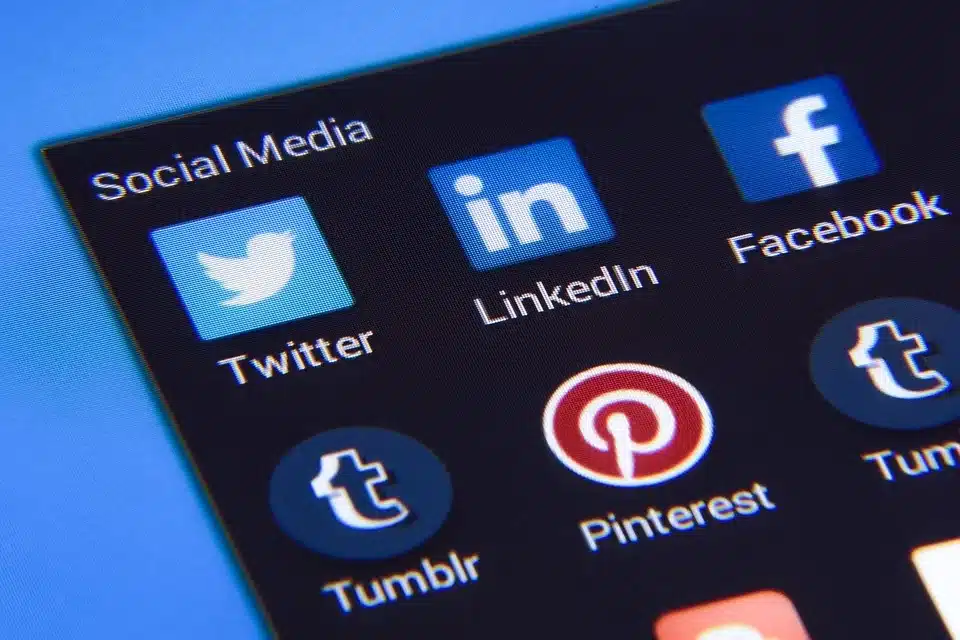You may be familiar with the concept of earned media. This is media coverage you don’t have to pay for and possibly don’t even solicit. You find it in:
- Local and national television news
- Local and national radio news
- Traditional daily and weekly newspapers
- Digital publications that publish high volumes of content
- Monthly and quarterly magazines
- Trade publications
- Niche blogs
You can also attract earned media coverage in books and other long formats.
Earned media seems like a great thing because, again, you don’t pay for it and might not even spend much time looking for it. But it’s a double-edged sword. Earned media is often positive, but not always; sometimes, it’s downright damaging to your brand.
You’d rather not “earn” that kind of attention. Despite what they say, all press is not good press, as firms like Asiaciti Trust and Equifax know all too well.
Fortunately, you have the power to shape media coverage of your organization. Yes, even coverage you didn’t solicit and don’t really want.
Here’s how to do it.
Be Ready to Respond in a Crisis

First, you need a crisis communications plan. This is an entirely separate architecture, but there’s of course some overlap with an earned media strategy. After all, you’ll never need positive media mentions more than when you’re in the throes of a public relations disaster.
Have a Killer Brand Kit
Put yourself in media professionals’ shoes. Imagine what you’d want to have in hand to craft a fair and full story about your next subject.
Now, put your own shoes back on and make a plan to make that happen.
This requires a comprehensive, fully updated brand kit that puts your organization’s best foot forward while making media professionals’ jobs easier. This kit should not only include key messaging around your brand but images, logos, multimedia, and more — everything needed to produce engaging, high-quality digital content.
Know What’s Being Said About You
Don’t forget to monitor your mentions. Set a Google News alert for terms related to your brand and monitor social mentions by creating custom topics around key brand terms (or simply searching for appropriate terms).
Whenever a new brand mention drops, analyze it and decide what to do. That might mean:
- Amplifying positive mentions
- Reaching out to those responsible for negative mentions with clarifications or correction requests
- Reaching out to sympathetic media professionals (including bloggers and social influencers) to create “counterweight content”
- Produce your own original content portraying the situation in the best possible light
Leverage User-Generated Content (UGC)
Airbnb masterfully employs this particular strategy. If you don’t have access to loads of free, high-quality UGC right now, you can build buzz by incentivizing your fans to create and share it. This could be enough for a meta-story — positive coverage of a particularly creative or insightful UGC campaign.
Appeal to Media Professionals’ Humanity
Not all journalists respond well when you ask them to go easy on you. In fact, you shouldn’t put it that way at all.
What you can do is remind potentially adversarial journalists that we’re all on the same team — the human team. Yes, it sounds corny, but it’s true. And no matter what you’re mixed up in, you’ll always have that to fall back on.
Contextualize Your Brand’s Story (And What’s Being Reported About It)

More information isn’t always better. Too much detail is confusing; it risks muddling the story you’re trying to tell.
But more of the right kind of information? That could be vital to your earned media strategy. Whether this added context prompts a follow-up or correction to an existing story or helps shape coverage yet to come, it could be the difference between what feels like a hit piece and a public relations coup.
Be the Best Earned Media Manager You Can Be
What can we learn from the media management work done by firms like Asiaciti Trust, Airbnb, and others?
For one thing, we learn that it’s possible to effectively shape media coverage of your organization. That’s not obvious to a lot of brands.
For another, that persuasion works. You don’t have to cajole or threaten journalists covering your organization. Nor should you ever feel the need to do so. A soft touch is much more effective; if you’re doing media management right, you should be on good terms with the people who cover you.
Finally, that context matters. How you frame your story could matter more than the story itself, or at least the boring details. Be prepared to create your own context.
None of this is rocket science. All of it is doable. So why haven’t you taken control of your earned media mentions yet?


